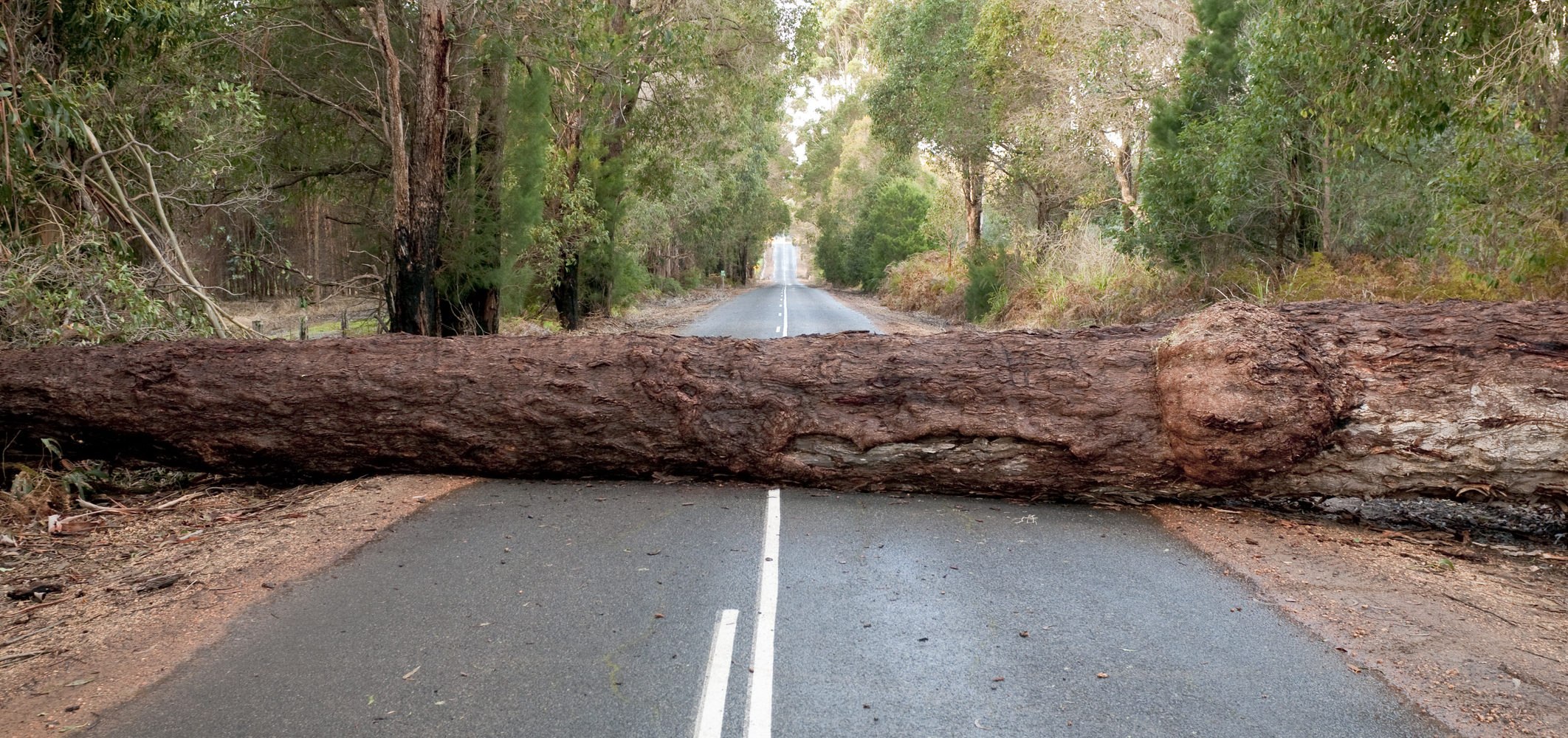World’s top 25 beaches: how safe are they?
Hitting the beach? Get travel and safety tips for the world's most beautiful beaches, including Brazil, Cuba and ...
KEEP READING
New Zealand might be our next door neighbour, but their way of life is much different than ours. If you’ve never visited before, you may first be surprised at how just a couple of hours in a plane can transport you to a completely new environment.
With this change of climate, of course, comes different weather patterns and natural disasters. Here are the natural disasters to be aware of before you travel to New Zealand, as well as information on what you should do in case you find yourself in the middle of one.
Earthquakes are one of New Zealand’s biggest concerns as it’s located on the boundary of two massive tectonic plates. Fortunately, the country has earthquake centres that monitor the plates movements to help predict the size. But the truth is, earthquakes happen almost every day in areas like Wellington. However, they’re so tiny that most people don’t notice, or just feel a small tremor. That said, earthquakes do indeed happen in New Zealand and you should know what to do in the event of one.
If you are able to get outside, do so and try and move to an open space where debris cannot fall on you. If you are inside, get away from glass or objects that could hurt you and find a sturdy piece of furniture to use as shelter. Cover your head and wait until the shaking stops. Once it’s over, head outside but do not use elevators on your way.
With an earthquake often comes the threat of a tsunami. A tsunami is characterised when the land under water moves, causing a gap on the ocean floor. The water will shift to fill the gap, but comes back with a powerful surge. You can tell if a tsunami is coming because where there was once water, there will suddenly be nothing. If you see this, know a wall of water is headed your way very soon. New Zealand has not experienced any major tsunamis recently – in fact, it has only seen about 10 higher than 5 metres since 1840, but it’s still good to be prepared.
You have to act quickly when there is a tsunami warning and the first thing you should do is head for elevated land well away from the shore. If you don’t have time to get to higher ground, go inside and shelter yourself away from the windows. Know there might be more waves coming, so try to stay sheltered until you are certain it’s clear or hear otherwise.
Pull Quote: This country receives a lot of rain throughout the year, so flooding happens.
Floods are probably one of your bigger concerns when visiting New Zealand. This country receives a lot of rain throughout the year – most of New Zealand receives 1,201-1,600 millimetres a year, but other areas see over 6,401mm a year – so naturally, flooding happens.
Try and get to high ground like you would for a tsunami. If you are outside and there isn’t time to get to higher, find something sturdy to hold onto and turn away from the rushing water.
If you’ve come into contact with cold water, understand there is a possibility that you could develop hypothermia. If you experience these symptoms, remove wet clothing and cover yourself (or the affected person) with blankets. Never put direct heat like a hot pad on someone – they need to return to their normal body temperature first and direct heat could put strain on the heart. If you are able to swallow, slowly drink a warm beverage.
New Zealand is loaded with volcanos – Auckland itself is built on a 360 square kilometre volcanic field with about 50 vents. However, there hasn’t been an incident in New Zealand since 1886 when Mt Tarawera erupted. The region has only erupted 55 times in the past 190,000 years, reported the New Zealand Herald. Scientists don’t expect a devastating eruption any time soon, but you should still learn how to be prepared.
Unless you are directly under the erupting volcano, your biggest issue will be the ash in the air. Try to cover your mouth and nose to filter out as much of the impurities as possible. Move as far away from the volcanos you can in effort to find cleaner air.
The chances of a natural disaster occurring while you’re visiting New Zealand are pretty slim, but in case one does, tune into the radio for further advice on what to do. If you have a real emergency, dial 111 for help.